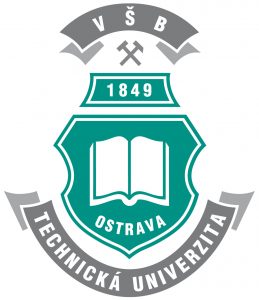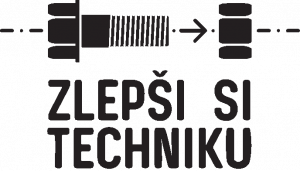Kaipan electromobile – “When the oil runs out…”
 Projects
Projects
 Projects
Projects
The first car to exceed the speed of 100 km/h was an electric vehicle. The first car to run on the moon was also an electric vehicle. And someday, when the oil runs out here on Earth, electric vehicles will probably be the primary means of transportation. And who knows whether that won’t occur soon due to current technological progress, as we have been working on electric-drive technology also in the Czech Republic for a number of years.
The first model, called the K0, saw the light of day at the end of 2009 and travelled 107 km on one charge at the track in Nošovice. Its drive system is intended for suburban operation and the vehicle achieved a maximum speed of 65 km/h, with battery life of more than 300,000 km. Later prototypes exceeded the speed of 100 km/h with no trouble and successfully approached the range threshold of 200 km on one charge, which is more than most of us need when commuting for work or pleasure.
However, the university team still was not satisfied. The idea of having solar panels on the roof of a house and, in the garage, an electric vehicle charged by those panels is more than inspiring. And if the car isn’t at home, energy is stored in batteries or hydrogen and can then be used to simply “fill up” the car. No filling stations, no more spending money on petrol. That’s a great idea, isn’t it? And its realisation is not far away. The latest prototype, the K3, is now taking shape. The K3 is an experimental vehicle for testing hybrid sources of energy, such as batteries, hydrogen fuel cells and electrical central units powered by petrol and CNG/LPG. This functions is such a manner that of this sources is installed in the vehicle with a supercapacitor and propulsion is provided by an electric motor.
It seems complicated, doesn’t it? Perhaps at first glance, but our goal is simple: to build a drive system that will take a car as quickly and as far as possible on one charge and as cheaply and ecologically as possible without depending on fossil fuels.
Faculty of Electrical Engineering and Computer Science, VŠB – Technical University of Ostrava, in cooperation with Kaipan, s.r.o. and Isotra, a.s.





